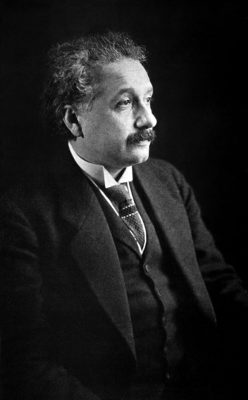Einstein believed that only a socialist economy would be able to solve the ills and abuses of a capitalist society, which is driven by profit. He made his economic views public in 1949 by writing an article that was published in the socialist magazine Monthly Review.
Einstein asserts that capitalism is plagued by obsession over profit and fierce business rivalries among capitalists. These two reasons, in turn, cause alternating economic prosperity and decline. The famous physicist added that in a capitalist society, people’s education is seriously compromised because people only seek education to move ahead in their careers. This is damaging in itself, as education is supposed to cultivate people’s innovation and creativity, and not just be a means to financial gain. Einstein was troubled by the fact that a capitalist society fueled by uncontrolled competition results in the value of labor being wasted away, leading to a nation’s economic turmoil. He said that the economic chaos generated by the capitalist system is the cause of evil.
Einstein prophesied the inevitable abuses of the capitalist system, saying that politicians would be corrupted and be bought by capitalists, who would offer financial aid to help politicians achieve their goals. He worries that any form of democratic safety valve would not be able to correct this eventual state of affairs. After explaining the dark side of capitalism, Einstein then explained how socialism can achieve what capitalism cannot, stating that there is only one solution to these ills, and that is to initiate a socialist economy. According to Einstein, a system of education designed to look after the people’s welfare should come along with a socialist economy.
Einstein claims that a controlled economy can regulate itself to produce only what needs to be produced, not only avoiding wasted labor but also distributing labor opportunities evenly to the populace. Einstein claims that in a controlled economy, the resources for production are owned by society and are used in a calculated manner, based on meticulous forecasts. He said that such an economy is flexible enough to produce only what is needed and to demand only the amount of work that is needed, and would therefore, be able to give equal chance to all members of society to earn a living. He added that in this set-up, the individual would be able to cultivate his natural creativity and use it to help other people, instead of treating other people as means to endless profit and more power.
